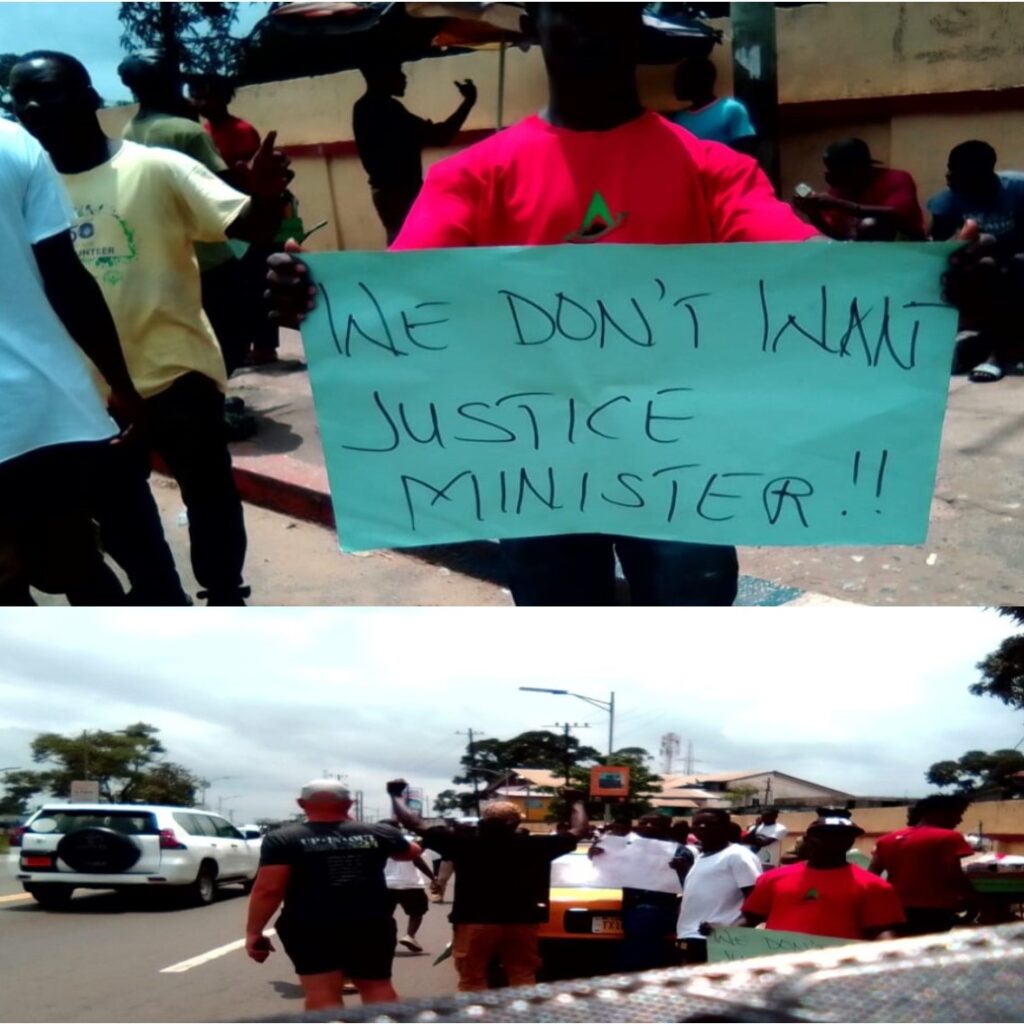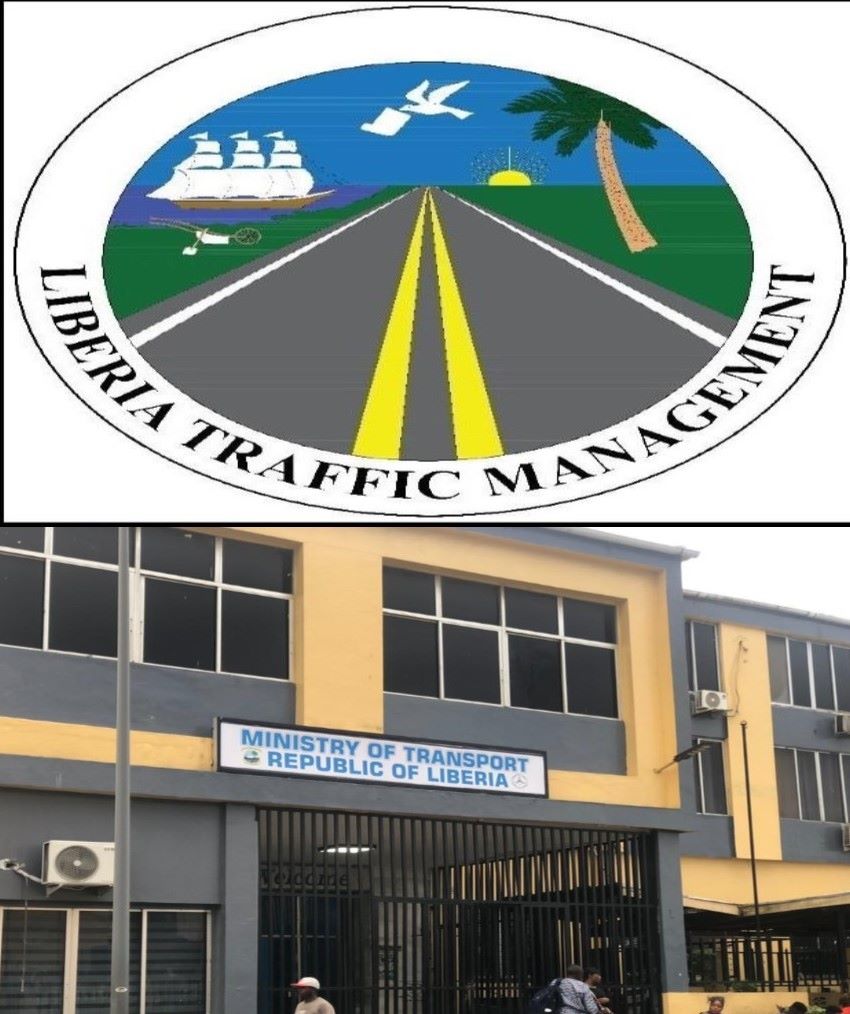A Betrayal Of Liberia’s Interest”–Former Deputy Transport & Ruling Unity Party Executive Member Warns
By Our Special Correspondent
Monrovia—A former Deputy Minister of Transport in ex-President Ellen Johnson Sirleaf Unity Party (UP) government, J. Ebenezer Kolliegbo has put out a strong critique of the recent 25-year concession agreement between the current UP government and Liberia Traffic Management (LTM).
Resistant to the deal played out on the streets of the Liberian capital earlier today, Monday, July 28, 2025, when taxi and other commercial drivers staged a peaceful protest to vent out their opposition to the outsourcing of the country’s traffic management to a Lebanese-owned company. BREAKING NEWS: Outcry Ends On The Streets Against Boakai Gov’t Outsourcing Liberia Traffic Management To Lebanese Company – News Public Trust

The drivers’ protest on Monday coincided with another major anti-LTM protest staged by scores of workers of the Ministry of Transport who continue to call on the Boakai government to cancel the deal, which has made some two hundred of the Ministry’s workers with no work to do.

Ex-Deputy Transport Min. Kolliegbo
Mr. Kolliegbo, who currently resides in the United States and led key reform efforts during the first term of former Sirleaf regime, emphasized that the deal amounts to a betrayal rather than a concession, raising concerns over transparency, accountability, and national sovereignty.
In response to recent statements by Mr. Fadi Awaida, Director of Operations and Projects at LTM, Mr. Kolliegbo expressed dismay.
Mr. Awaida claimed over the weekend that the LTM aims to retain 90% of the current workforce and indicated a commitment to public service continuity.
However, former Deputy Transport Minister Kolliegbo dismissed these reassurances, stating: “This may sound reassuring on the surface, but it completely misses the point. The real issue is that this agreement is not a concession—it is a poorly disguised sweetheart deal.”
Mr. Kolliegbo argued that a genuine concession entails significant private investment in infrastructure and services that the government cannot finance alone.
He criticized the LTM deal for offering nothing of the sort noting, “There are no new highways, no modern traffic systems, no digital innovations, no infrastructure development—just a takeover of existing systems for vehicle registration and driver’s licenses, managed by Liberian civil servants, with guaranteed revenue streams for private interests.”
He further questioned what tangible benefits the deal would bring to Liberia, listing potential investments that could have been proposed, such as toll roads, railway networks extending to remote regions, structured parking facilities, and public transportation systems. Instead, Mr. Kolliegbo emphasized, the deal represents the privatization of vital revenue streams and responsibilities without any meaningful public benefit or infrastructure development.
“This is not economic progress; it’s the surrender of national responsibility for private gain,” Mr. Kolliegbo stated.
The former Transport Ministry official has again urged the Liberian government, particularly President Joseph Boakai, to reconsider and revoke the agreement, asserting that such deals undermine Liberia’s sovereignty.
The former Deputy Transport Minister, however, praised the efforts of Senators Momo Cyrus and Darius Dillon, along with the National Legislature, for exercising oversight and placing a hold on the deal—an act he described as reflecting the will of the people.
He asserted that the Liberia’s government must focus on strengthening institutions and maintaining control over critical public services tied to national identity and safety.
“Liberia deserves better. The public must continue to demand transparency, accountability, and long-term development over backroom deals that benefit private, foreign interests at the expense of the nation,” Mr. Koliegbo said.

